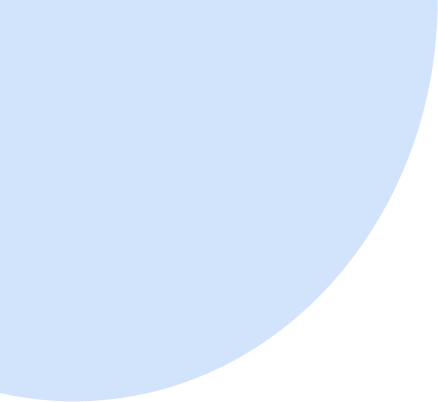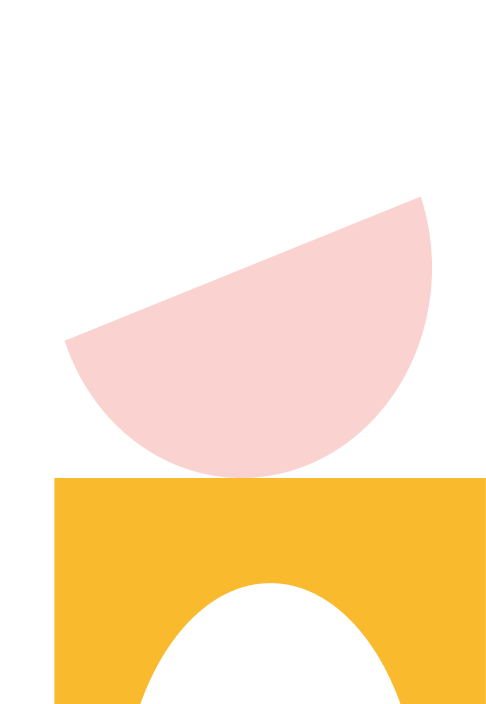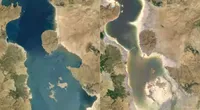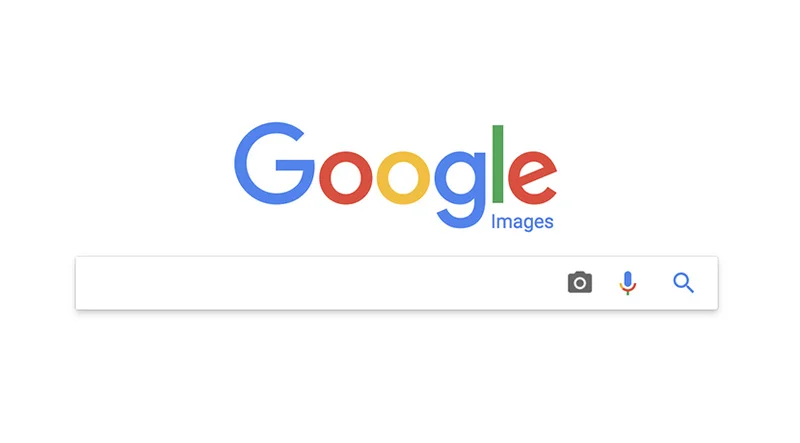Tools and resources to help digital news thrive
The Google News Initiative works with publishers and journalists to fight misinformation, share resources and build a diverse and innovative news ecosystem.
7,000+
news partners
118
countries and territories
$300M+
in funding



























